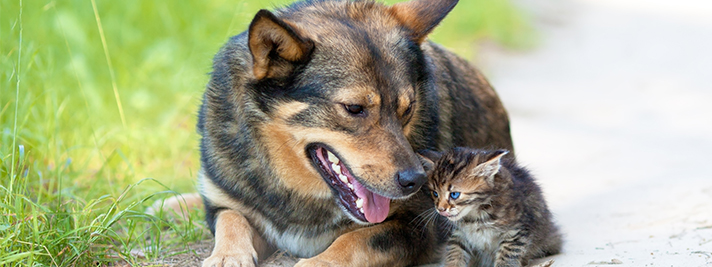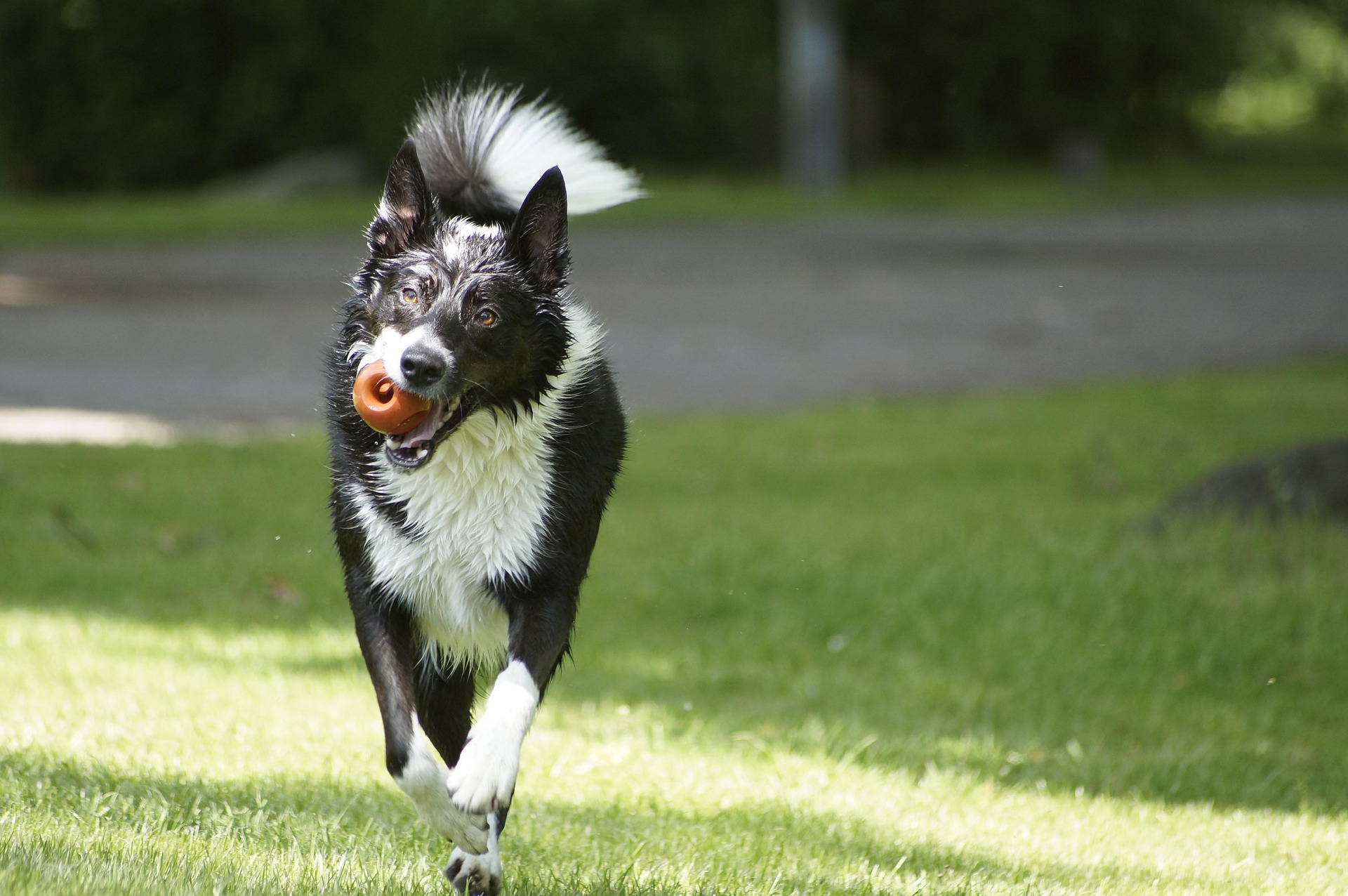The bright, sunny days of spring are here. Unfortunately, seasonal allergies are back for allergic people and pets as well. Just as a ‘sniffly, sneezy person’ does not always have the flu, similarly an itchy dog does not always have mange. Also, a lesser-known fact is that a dog that appears to lick itself a lot is not a clean, self-groomer. Dogs don’t groom themselves as much as a cat does. And yes, that is true even if a dog grew up with a cat and it appeared that the dog learnt from the kitty. A dog that rubs its face on the carpet is not the same as a dog that plays and enjoys feeling the grass on its face. A dog that scoots around is definitely not a dog enjoying itself. These can all be signs of allergies, which cause considerable discomfort to pets.
Allergies are not always food related although food allergies are very common in dogs and in cats. The other 2 common types of allergies are environmental allergies (usually seasonal) and flea-bite allergies. Apart from tree pollen resulting in skin allergies, the spring season also brings with it an environment that is more amenable for fleas to thrive in (although I have seen a stark increase in flea infested pets during the past 2 winter seasons).
Treatment options exist for all these common forms of allergies. If it happens to be food related, a strict diet regimen is greatly helpful. In the case of environmental allergies, early and accurate diagnosis opens up the potential to reverse the “allergy march” through allergen-specific immunotherapy (or allergy vaccines), just as is done for people. A lot of other therapeutic, dietary, and allergen avoidance measures are available for the allergic pet. Due to harmful side effects, steroid therapy should always be the absolute last resort for treatment of allergies. Preventing flea infestation in pets is easy nowadays with the availability of numerous safe flea preventives. Keep in mind that products labelled for dogs may not be safe for use in cats.
My top 5 recommendations for pet care in spring:
- Avoid ACL (anterior cruciate ligament) injuries in dogs – by getting them active slowly if they have been non-active during the winter. Sudden strenuous exercise can result in injuries, just as is the case with people.
- Vaccinations for cats that go outdoors – Feline leukemia and Feline immunodeficiency (feline AIDS) are both viral diseases that may be contracted by your cat from another infected cat. These infections are preventable through adequate vaccination.
- Flea prevention – use topical flea preventives which are much superior and efficacious when compared to the old-fashioned flea baths for pets.
- Be aware of allergy type symptoms in pets – itching, scratching, licking, chewing and/or rubbing of skin with or without skin infection.
- Watch for ear infections – may be due to allergies or from excess moisture in ear canals after going for a swim.
By – Dr. Bajwa,
Veterinarian at Hastings Veterinary Hospital, Burnaby.






